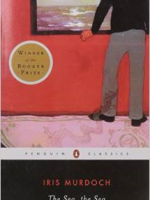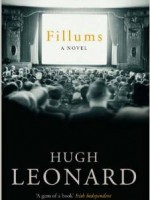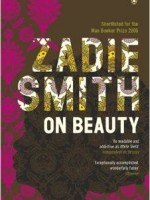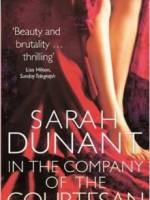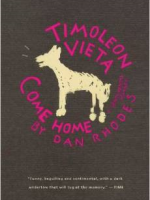(Peter Owen Modern Classics)
 |
Akin to watching a black and white film, Cesare Pavese’s Among Women Only is filled with lingering moments and dramatic scenes that are occasionally punctuated with philosophic dialogue. Set in post war Italy, location Turin, the novel is based around one woman’s return to her origin from Rome, and her experiences in reclaiming her roots. The task of moving back to Turin to open a shop finds the main character, Clelia, suddenly submerged in the high class of Turin, mingling with and observing people she would not have previously known as a child. Her reflections between her childhood memories and the city that she is now experiencing offer a compelling insight into the innocence of youth.
One of the major threads throughout the novel is of the judgements and adjustments Clelia makes as she travels deeper into these high-class circles. Best described by Pavese himself, these people have been raised to have all the vices but none of the wisdom. The day to day sadness, boredom and lack of fulfilment within these people is revisited one too many time throughout the pages, however, leaving me to desire more of the in-depth reflections only occasionally found from the main character. Through Clelia’s thoughts the author is able to explore reverse snobbery and instilled moralistic attitudes towards wealth. As Clelia goes about her business, creating her shop and her companions, she stumbles upon a friendship with a troubled young woman named Rosette. Mentioned on the back of the book, it comes as no surprise as the girl kills herself in the last pages. Rosette seemed tormented not only by the crowd that surrounded her, but also by her own sexuality. The lack of compassion in her group of friends and her utter lack of direction gave room for her obvious next step.
Knowing that Pavese killed himself shortly after completing this novel, this creates a powerful dimension to the novel’s conclusion. I often wondered how much of the author’s own feelings, thoughts and experiences were found throughout his characters, or indeed if they were actual portraits of the people that he once mingled with.
I felt on the whole that a lot of the novel’s obvious and amazing texture was lost in translation. Over one-quarter of my reading time was spent in an attempt to find another angle at a sentence, or occasionally just skipping it altogether as it didn’t fit in. In saying that, there’s a lot of contemplation to be found within this slow moving novel, more so of the author and the situations of his life rather than the characters and the plot itself.
One that grows on you. ![]()
